
|
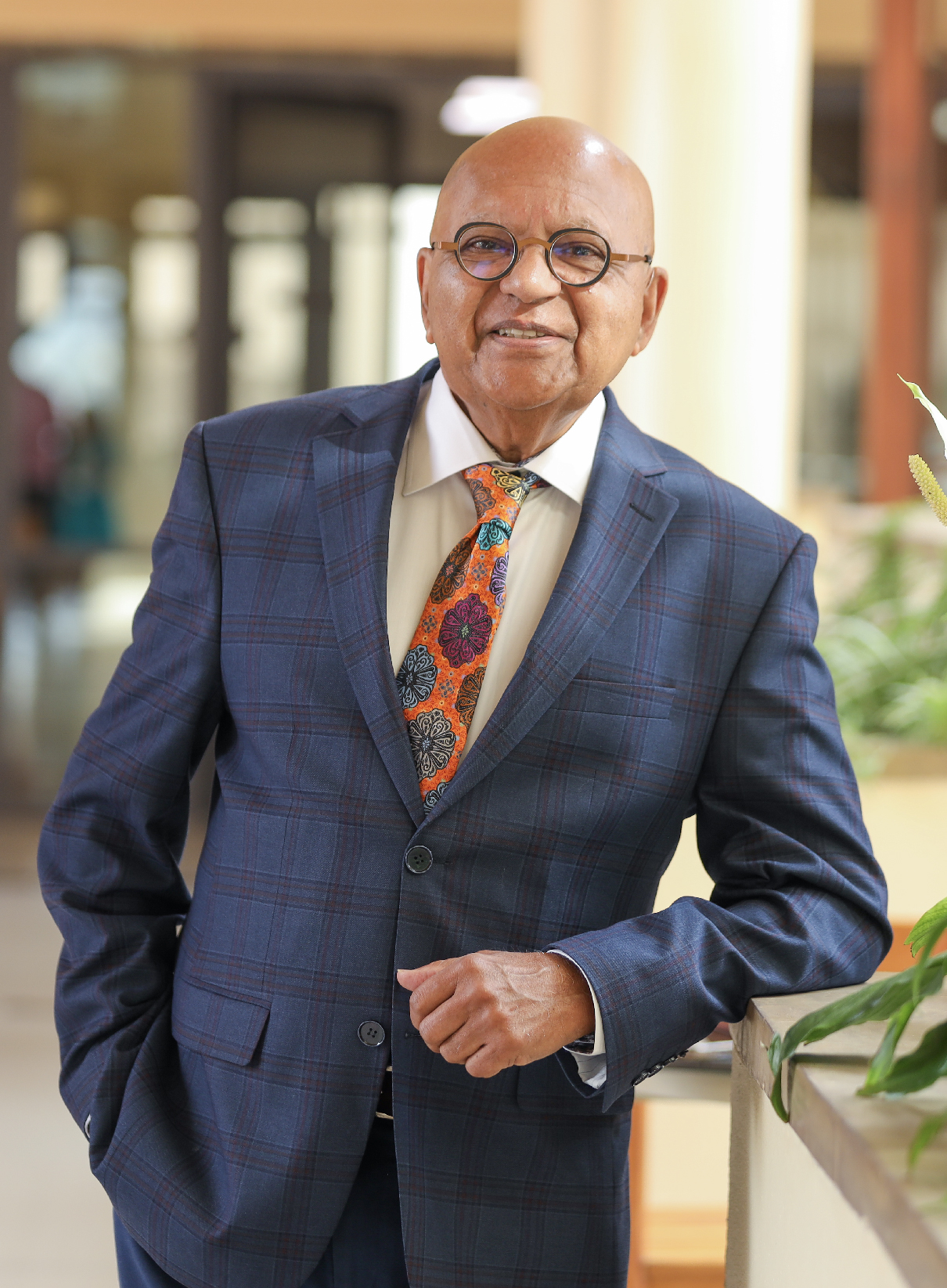 As the university bids farewell to Provost Carl Amrhein, BMI is deeply grateful for the lasting legacy he leaves behind, having nurtured the institute from its inception under his capable leadership. We are very excited to welcome our new provost, Dr. Tania Bubela, and eagerly anticipate her leadership and input to to further advance the Institute and expand its global impact. As the university bids farewell to Provost Carl Amrhein, BMI is deeply grateful for the lasting legacy he leaves behind, having nurtured the institute from its inception under his capable leadership. We are very excited to welcome our new provost, Dr. Tania Bubela, and eagerly anticipate her leadership and input to to further advance the Institute and expand its global impact.
The Brain and Mind Institute (BMI) continues to ignite innovation, craft solutions, and nurture collaborations to widen the circle of hope to alleviate human suffering. Our journey involves unraveling the complexities of mental and brain health, dismantling stigma, and fostering healing through innovative community-based interventions.
In a nutshell, we continue to expand the circle of hope, through 1) research aimed at developing culturally appropriate tools to detect mental- and brain-ill health, and 2) to develop new ways to treat these conditions at the community level; 3) civic education, aimed at demystifying mental illness and help build resilience and promotion of health-seeking behavior; and 4) build research coalitions to increase awareness and support policy development as a part of our collective response to human suffering in the geographies, especially in the global south.
|

|
 |

|

Dr. Shireen Bhamani, our third Harvard-AKU post doctoral fellow, selected for the prestigious Global Mental Health Postdoctoral Fellowship jointly offered by Harvard Medical School and Aga Khan University’s BMI.

|
 In the ever-evolving field of brain and mental health research, data science plays a pivotal role in advancing our understanding and treatment of mental and neurological disorders. Dr. Jasmit Shah, a Biostatistician and Data Scientist at BMI, shares his insights on the importance of data science in biomedical research.

|
  |
 |
|
BMI awarded major funding from Wellcome Leap for a groundbreaking brain resilience study in Kenya
In a monumental leap towards understanding the complexities of brain aging, the Aga Khan University's Brain and Mind Institute (AKU-BMI) is delighted to announce a prestigious award from the Dynamic Resilience program, jointly funded by Wellcome Leap and Temasek Trust. This generous funding will propel the launch of the groundbreaking Brain Resilience Kenya program.
Led by investigators Drs. Chi Udeh-Momoh and Karen Blackmon from the Brain and Mind Institute, alongside Clinical Research Unit (CRU) Director Professor Mansoor Saleh, the Brain Resilience Kenya program marks a bold step forward in exploring how various life stressors—ranging from illness and poverty to substance abuse and climate change — impact resilience to premature brain aging.
Join the study here>>

|

The annual gathering of the UZIMA-DS study convened over 70 experts in healthcare and data science alongside partners from institutions like the Aga Khan University, the University of Michigan Center for Global Health Equity, Kenya Medical Research Institute - Wellcome Trust (KWTRP), and the National Institutes of Health (NIH). Held in Kilifi, Kenya, discussions centred on the future of African health research and the vital intersection of data science and healthcare in Low- and Middle-Income Countries (LMICs).

|

The Brain and Mind Institute (BMI) had the honor of hosting Dr. Gijs Walraven, Director for Health at the Aga Khan Development Network, at the Vishakani Health Facility in Kilifi County. Dr. Walraven, who also serves as the General Manager of Aga Khan Health Services, visited Vishakani Dispensary to familiarize himself with the site where BMI intends to conduct research. Discussions focused on collaborations between the County Government of Kilifi and various partners aimed at improving mental and brain health in the Kaloleni community.

|

In today's world, mental health issues are increasingly common, affecting people from all backgrounds like a silent pandemic. To address this, BMI has developed the Mental Health First Response (MHFR) Certification program, aimed at equipping individuals with the skills to handle mental health challenges with compassion and understanding.
"The MHFR training demystifies common mental illnesses such as depression, anxiety, bipolar disorder, PTSD, and substance use disorders," explains Dr. Kendi Muchungi, BMI's Instructional Designer & Partnerships Manager. "It enables participants to recognize signs, intervene when necessary, and create supportive environments."

|
 Dementia affects millions worldwide, with a significant impact in low- and middle-income countries like Kenya. However, current diagnostic tools are often unsuitable for African settings due to cultural, linguistic, educational, and economic differences compared to high-income countries. This creates an urgent need to adapt and validate diagnostic tools for accurate identification of dementia cases in Kenya.
The Brain and Mind Institute, in collaboration with the Davos Alzheimer's Collaborative, is conducting a research study titled AD-DETECT-Kenya (Cultural Adaptation and Validation of Cognitive Tests, Functional Assessments and Biomarkers) in People with Dementia at the Aga Khan University Hospital in Nairobi. Led by primary investigators Drs. Karen Blackmon and Chinedu Udeh-Momoh, the study aims to discover, optimize, standardize, and validate measures and biomarkers specifically for dementia research in Kenya.
|
 |
|
Published by: Chi Udeh-Momoh, Lukoye Atwoli, Cyprian Mostert, Andrew Aballa, Linda Khakali, Willie Njoroge, Jasmit Shah, Zul Merali, Rachel Maina, Edna Bosire, Wambui Karanja
|
  In this webinar, we will explore the diverse nature of brain resilience in Africa, examining how challenges like illness, poverty, substance abuse, and climate change affect individuals and families. Join us as we discuss practical strategies to enhance brain resilience and promote brain health.
|
|
|

|

 |
  |
|
|
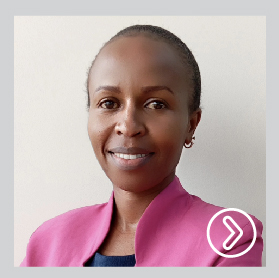
Anne Gitere
Clinical Psychologist
|
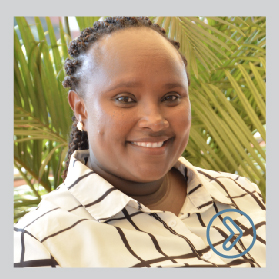
Caroline Kiio
Research Assistant
|
 Farhan Gillani
Admin Associate
|
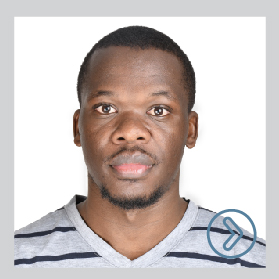 Harrison Kaleli
Laboratory Technologist
|
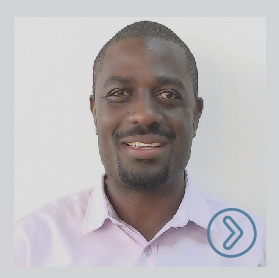
Leonard Liposhe
Project Assistant
|
 Levi Muyela
Research Assistant
|
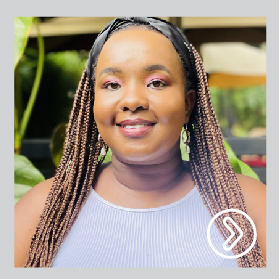
Litha Muete Musili
Research Associate
|
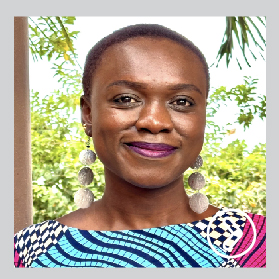
Mary Bitta
Implementation Scientist, AKU-Harvard Post-Doctoral Fellow
|
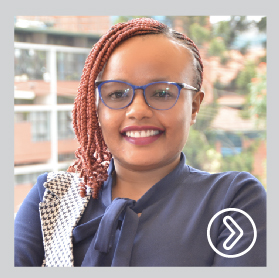
Mary Waithera Ng'ang'a
Communications Associate
|
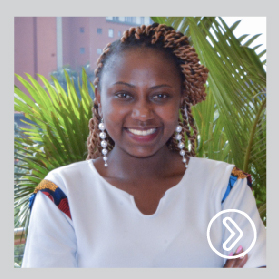
Raechel Kamau
Research Assistant
|
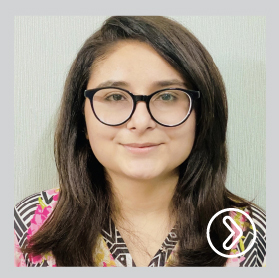
Samral Idrees
Research Fellow
|
|
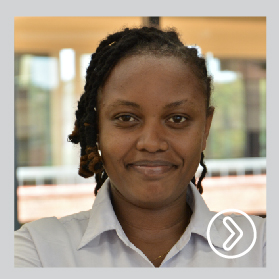
Sylvia Kamau
Research Assistant
|
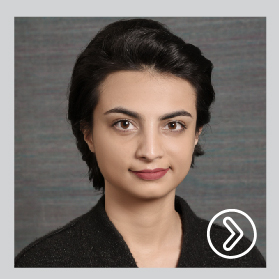
Waliyah Mughis
Senior Instructor
|

|
